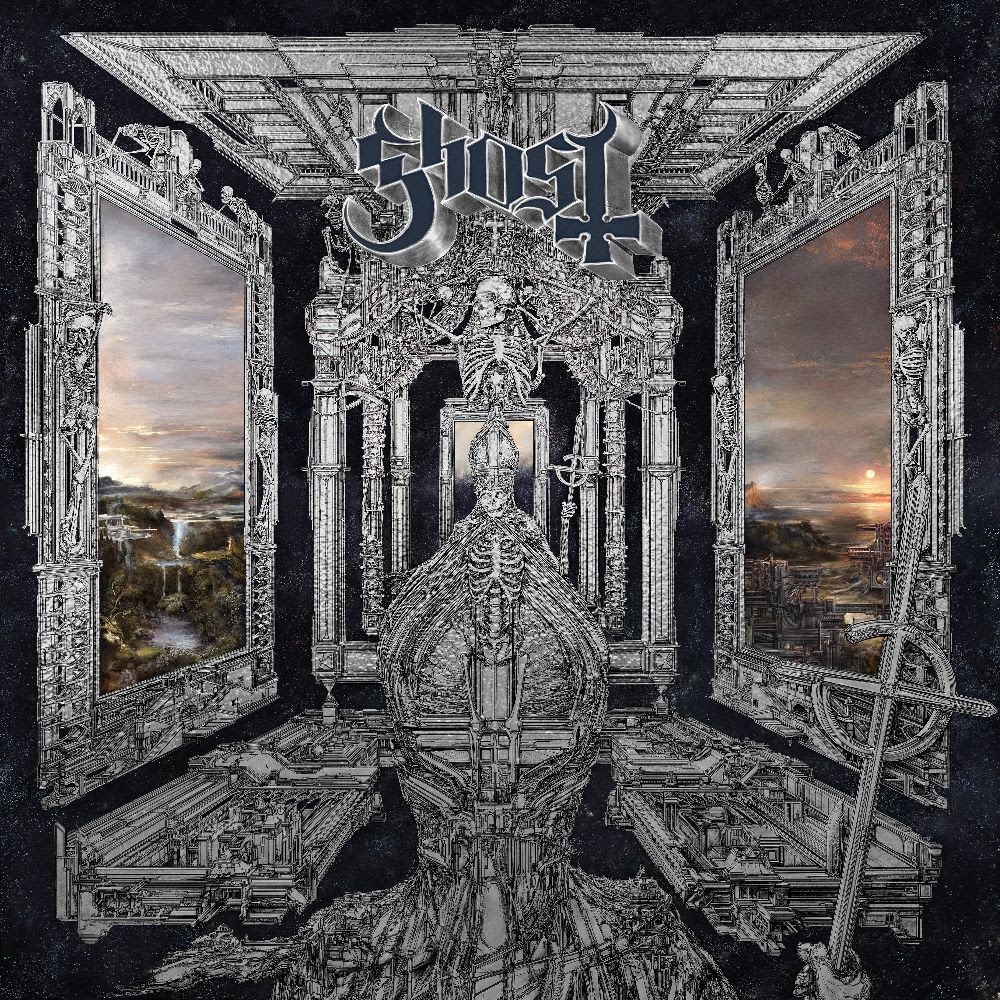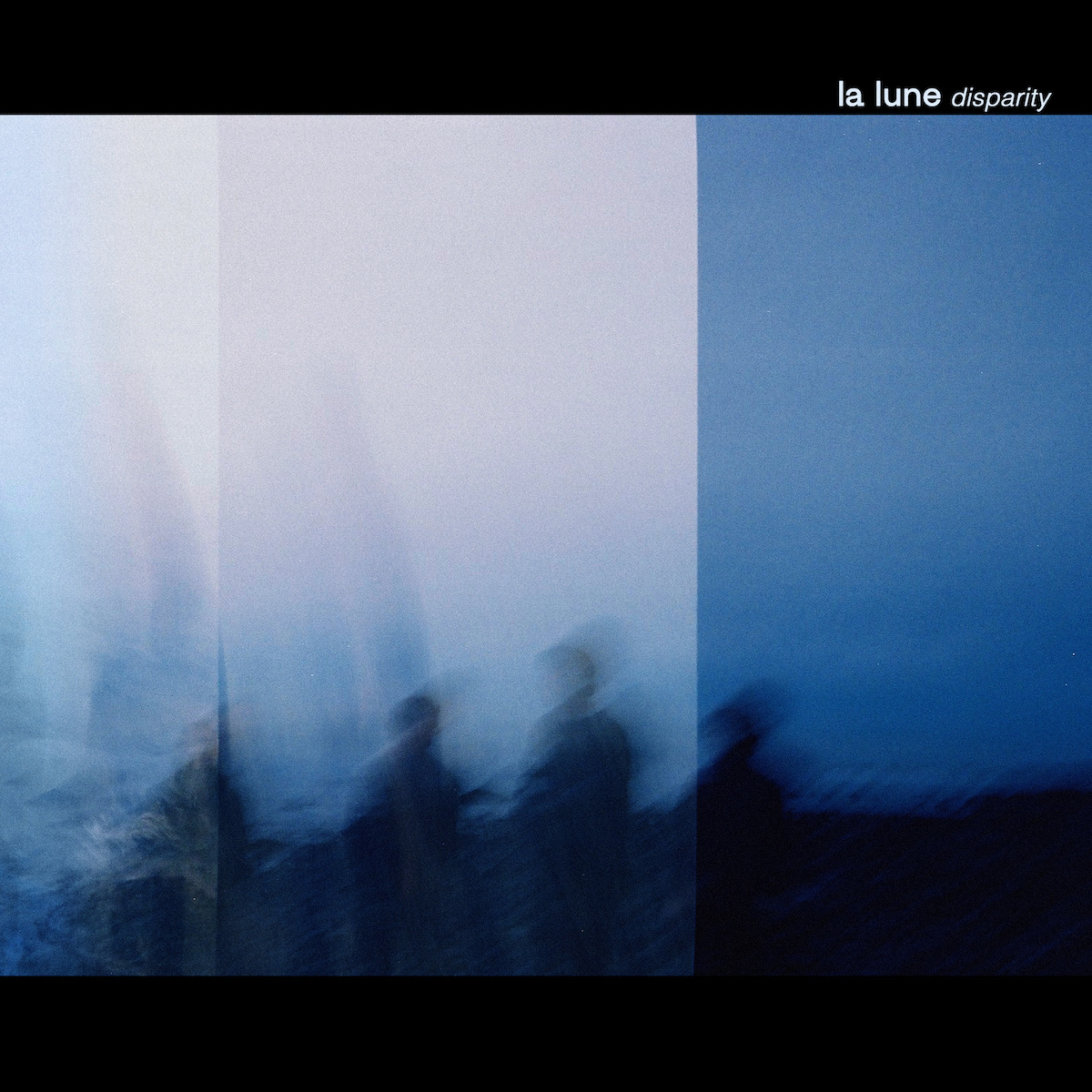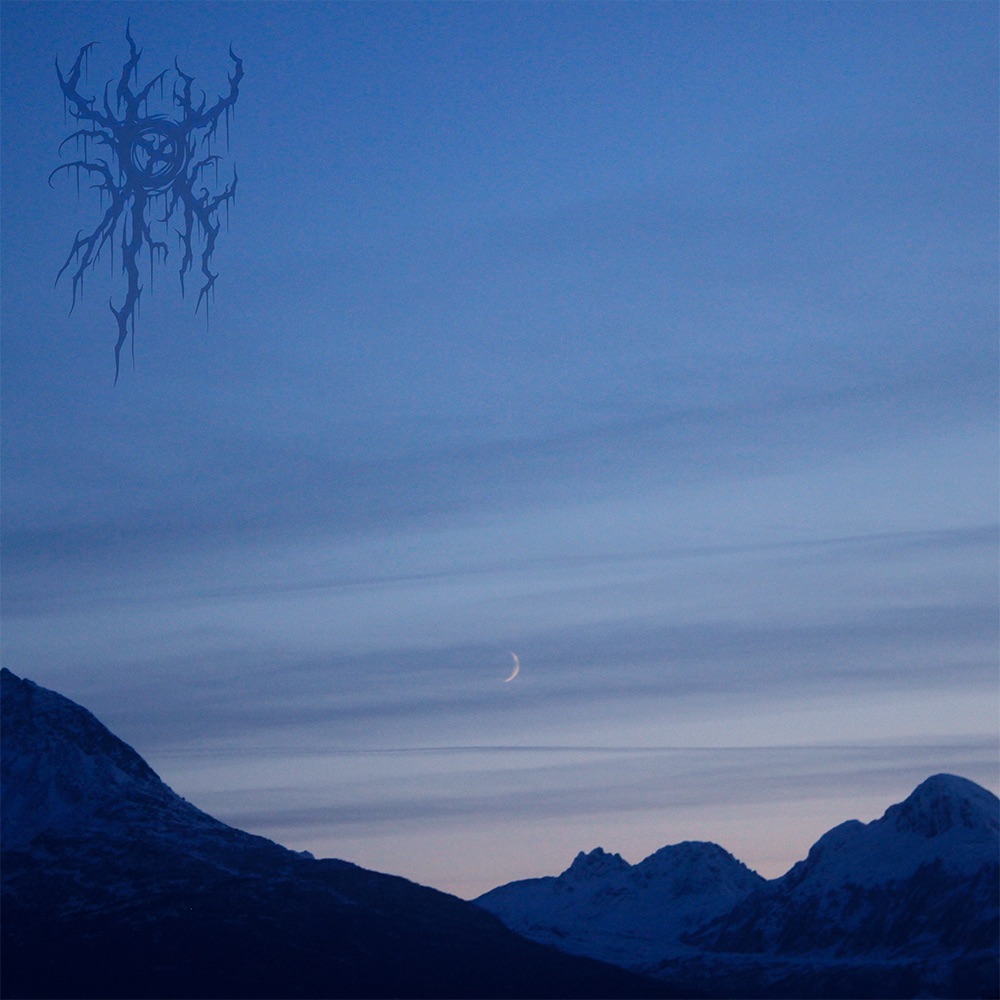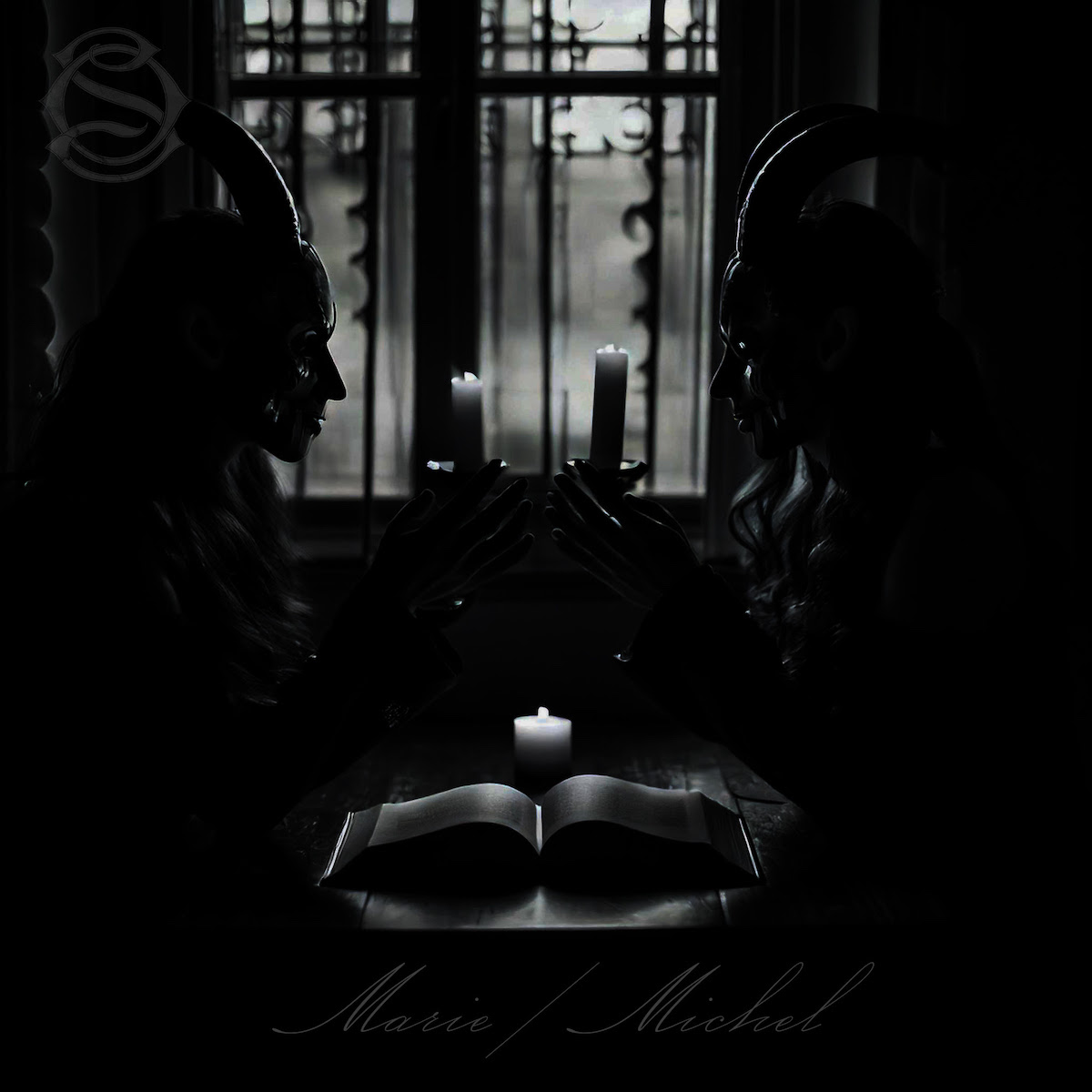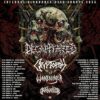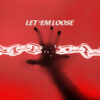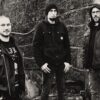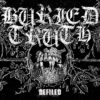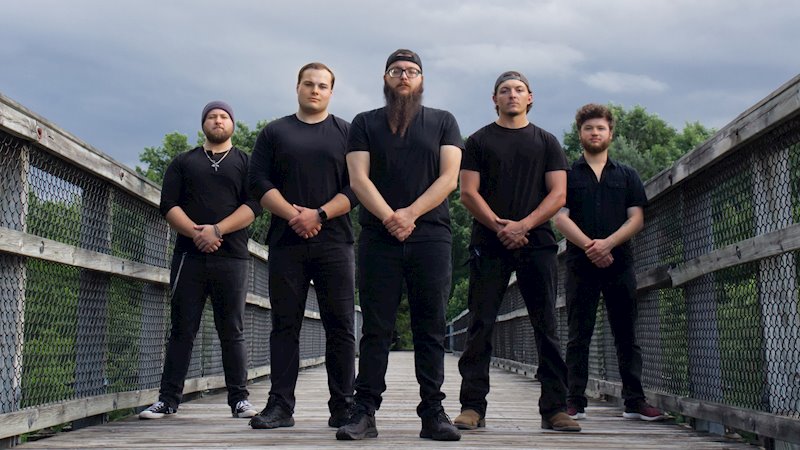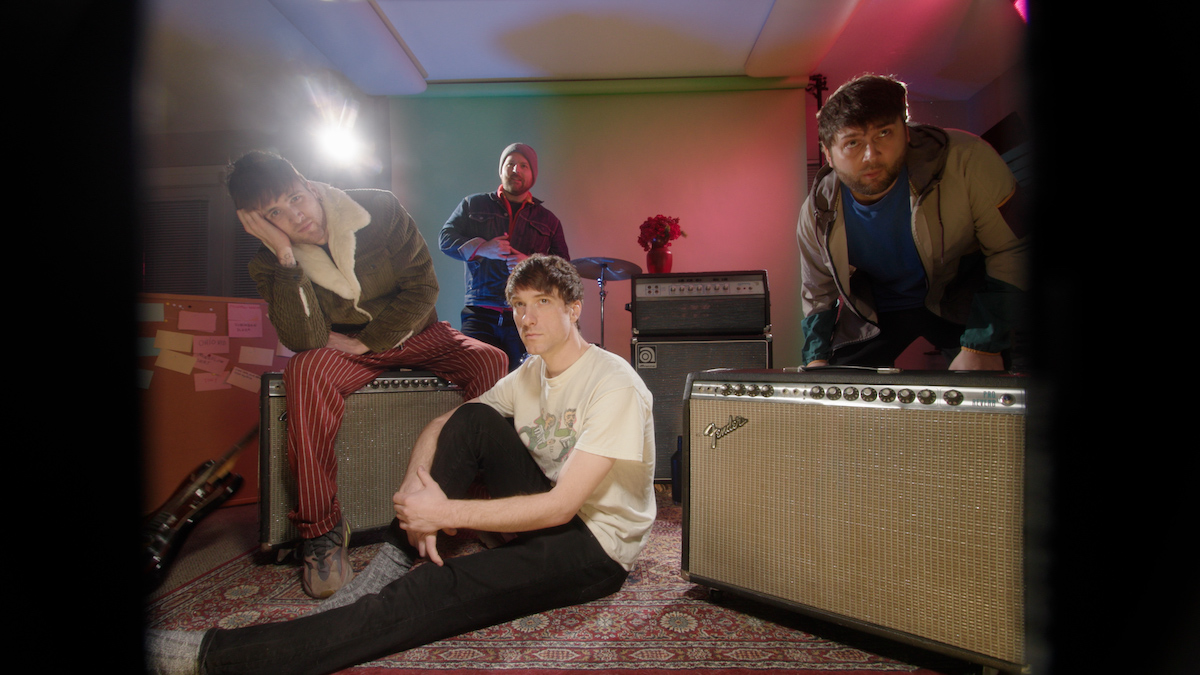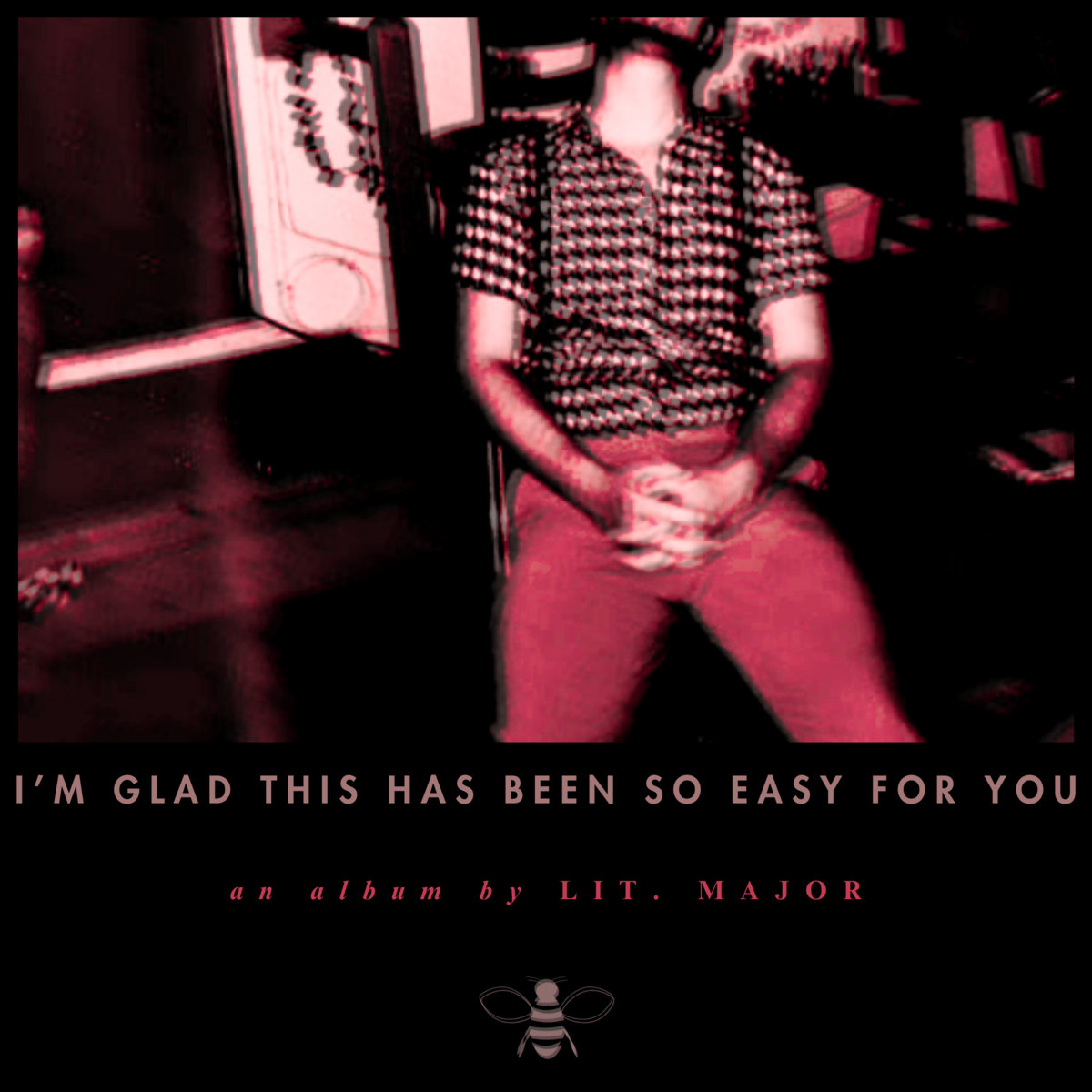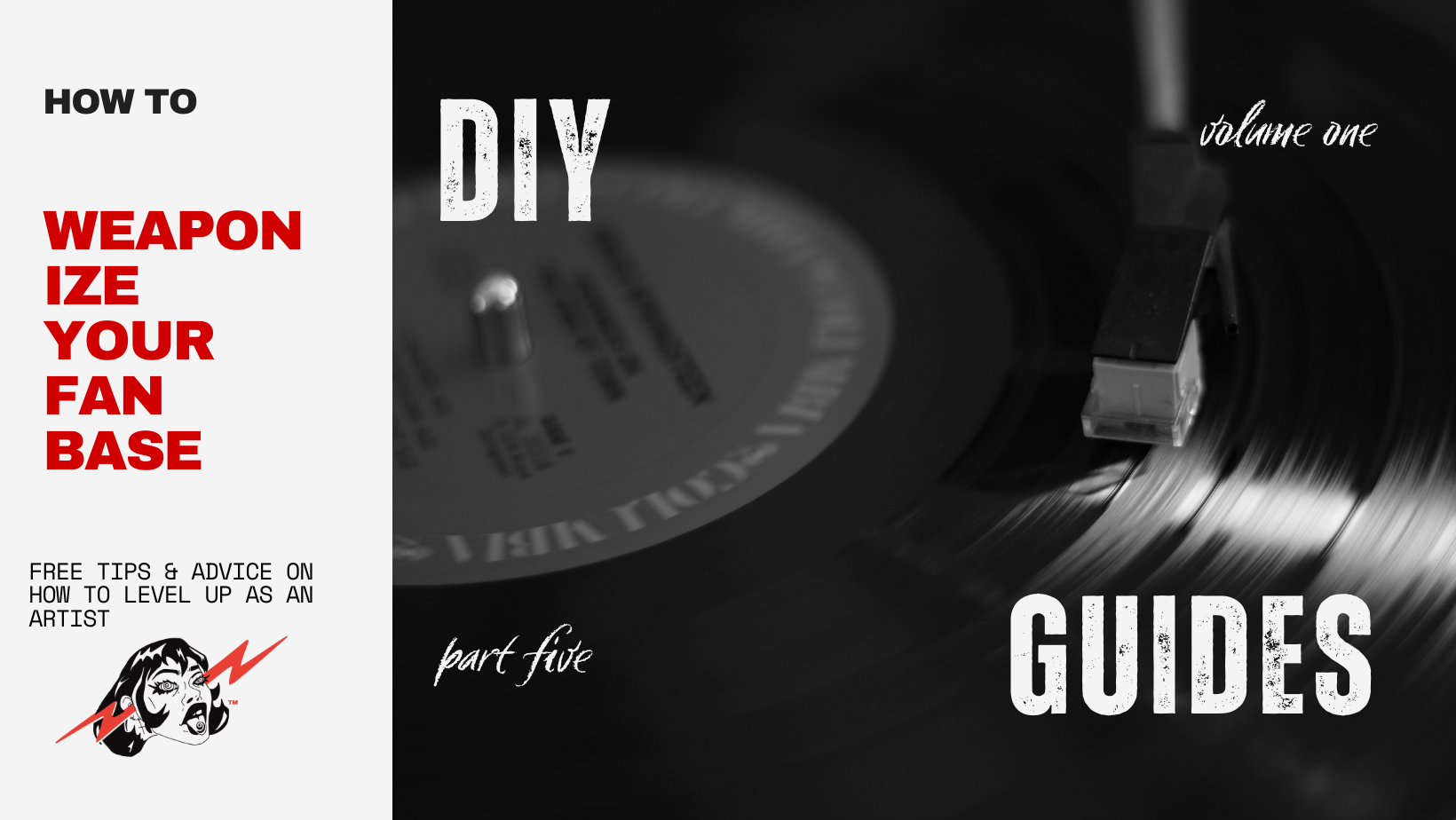Like Impera, I once again found myself wanting to write a short review. Another great damn album and leave it at that, but with its wailing solos, ritual fury, and existential hooks that hit, Skeletá finds power in vulnerability without losing any bite.
Ghost doesn’t just shift gears with Skeletá. They pull the handbrake, spin into a dark alley of self-examination, and somehow emerge with their biggest hooks yet. The sixth chapter in Tobias Forge’s ever-expanding, theatrically macabre universe is both gutsy and gut-exposing. It’s a record that reaches for the sacred in sadness and drapes it in leather and eyeliner.
Where previous albums wrestled with epic themes, plagues (Prequelle), empires, and the apocalyptic absurdity of history (Impera), Skeletá gets personal. The songs stare unflinchingly inward, yet the album is anything but self-indulgent. It pulses with the energy of a band that still knows how to write towering choruses and melt faces while navigating ghosts of the emotional kind.
“Peacefield” kicks off with a synth-soaked rush, anchored by a chorus that immediately makes me recall Journey’s “Separate Ways”. Not in imitation, but in sheer energy. There’s a wonderful ’80s vibe throughout that captures the kind of drama that defined arena rock without feeling nostalgic or forced.
Smoother, stranger, and more haunting but still unmistakably Ghost, “Lachryma” spreads its arms a bit wider. It’s operating in a more ethereal and emotionally off-kilter zone. It lingers like a question you can’t quite answer. While lead single, “Satanized” charges forward with gnarled guitars and ritualistic defiance. It’s one of the heavier tracks on Skeletá, driven by raw momentum and a sneer. The urgency is infectious, and the self fury feels earned.
Shifting tones again is “Guiding Lights”. There’s a haunting energy that feels almost menacing, like a flicker of hope surrounded by shadow. The tension between light and dark isn’t just musical; it feels emotional, like a prayer whispered with clenched teeth.
The soaring guitars and anthemic choruses in “De Profundis Borealis” create a sonic storm that feels built for the end credits of a gothic space opera. The sound is massive and leans into grandeur without tipping over into indulgence. The high-energy burner “Cenotaph” balances darkness with charisma. With a galloping rhythm and catchy lyrics plus the mix of ‘80s synth vibes and shredding guitar solos makes it impossible to sit still while listening to it.
For me, “Missilia Amori” takes the hairspray torch and runs with it. Hair metal vibes combined with strong, catchy choruses and wailing guitars makes it a theatrical banger. It’s unapologetic in its flash and flair.
“Marks of the Evil One” starts with a riff that brings Ozzy’s Bark at the Moon to mind, and the lyrics could easily be an Iron Maiden deep cut. There’s a sense of menace wrapped in melody, and it’s all executed with razor precision. Right now, this one’s my personal favourite. it’s just feral enough to feel dangerous, and just melodic enough to hum later.
Like Bruce Dickinson stated in the now classic, SNL “More Cowbell” sketch, “Umbra” explodes with cowbell, speeding rhythms, and guitars that never stop screaming. The solos might be the best on the record. They’re wild, melodic, and unrelenting. It’s pure forward momentum with no brakes.
“Excelsis” closes the album on a heartbreaking note. It’s sad, but there’s an odd flicker of hope in the rubble. A slow spiral of existential dread, that feels like Tobias is asking questions he doesn’t expect answered and the result is one of the most emotionally impactful moments on Skeletá. It pulls the heartstrings and tugs at the brain too.
With Ghost mastermind Tobias Forge, now donning the mantle of Papa V Perpetua, leading the charge inward. Skeletá might be his most personal offering yet, but it never loses the theatrics, hooks, or hard-earned swagger that brought Ghost to this point.
It’s a record that opens its chest. Not to preach, but to bleed.

